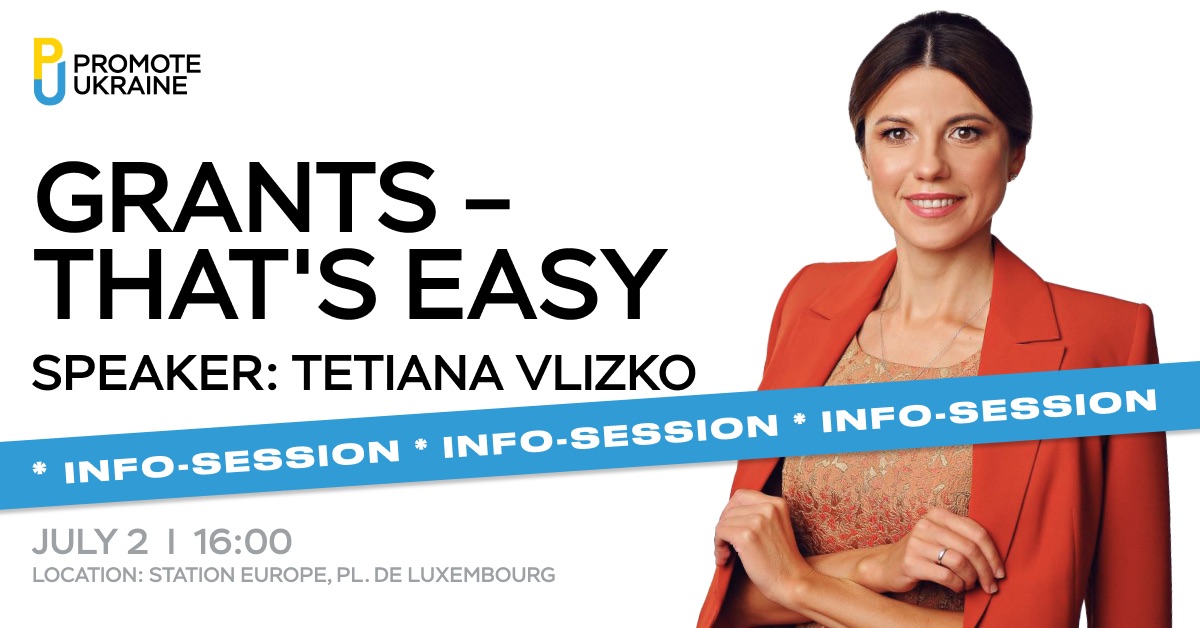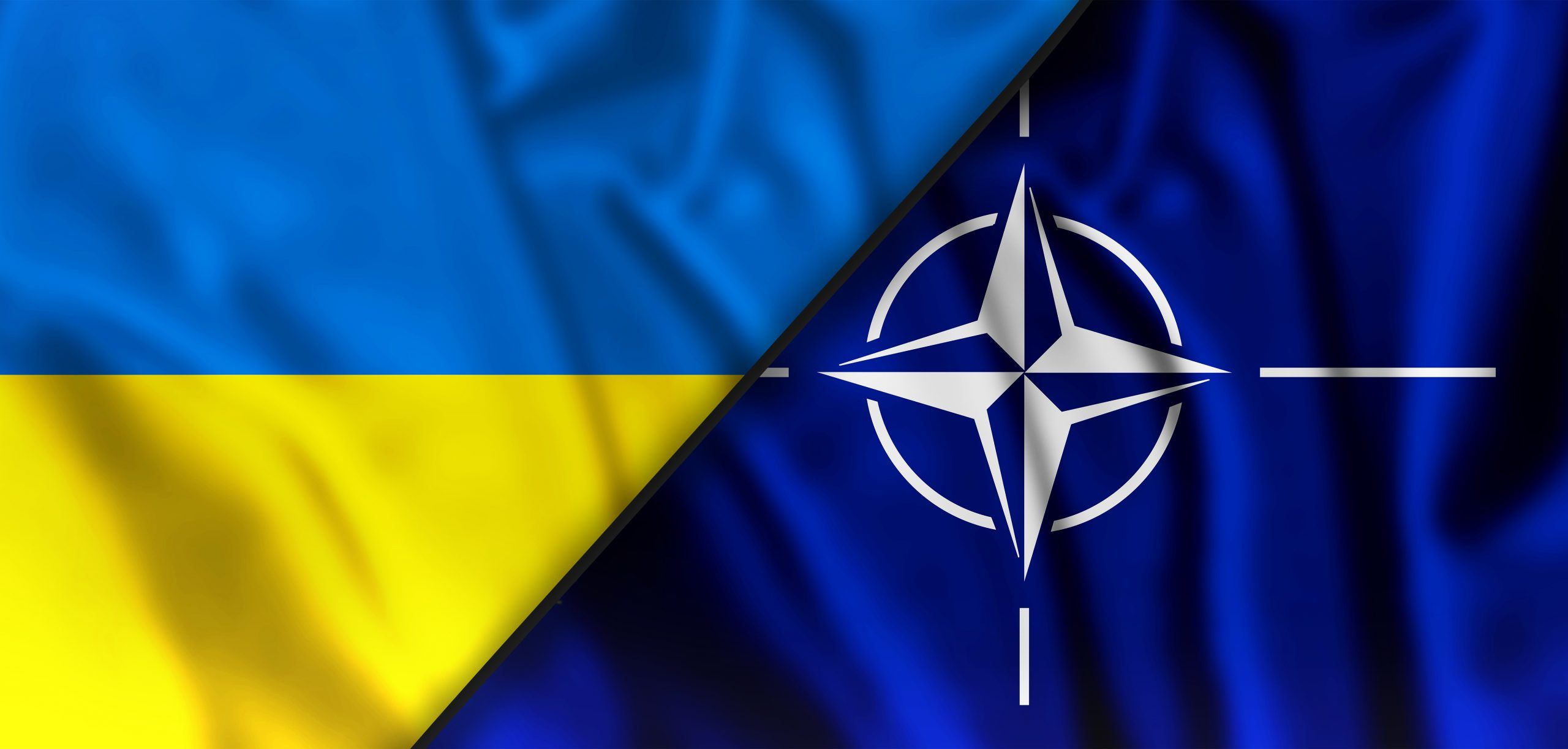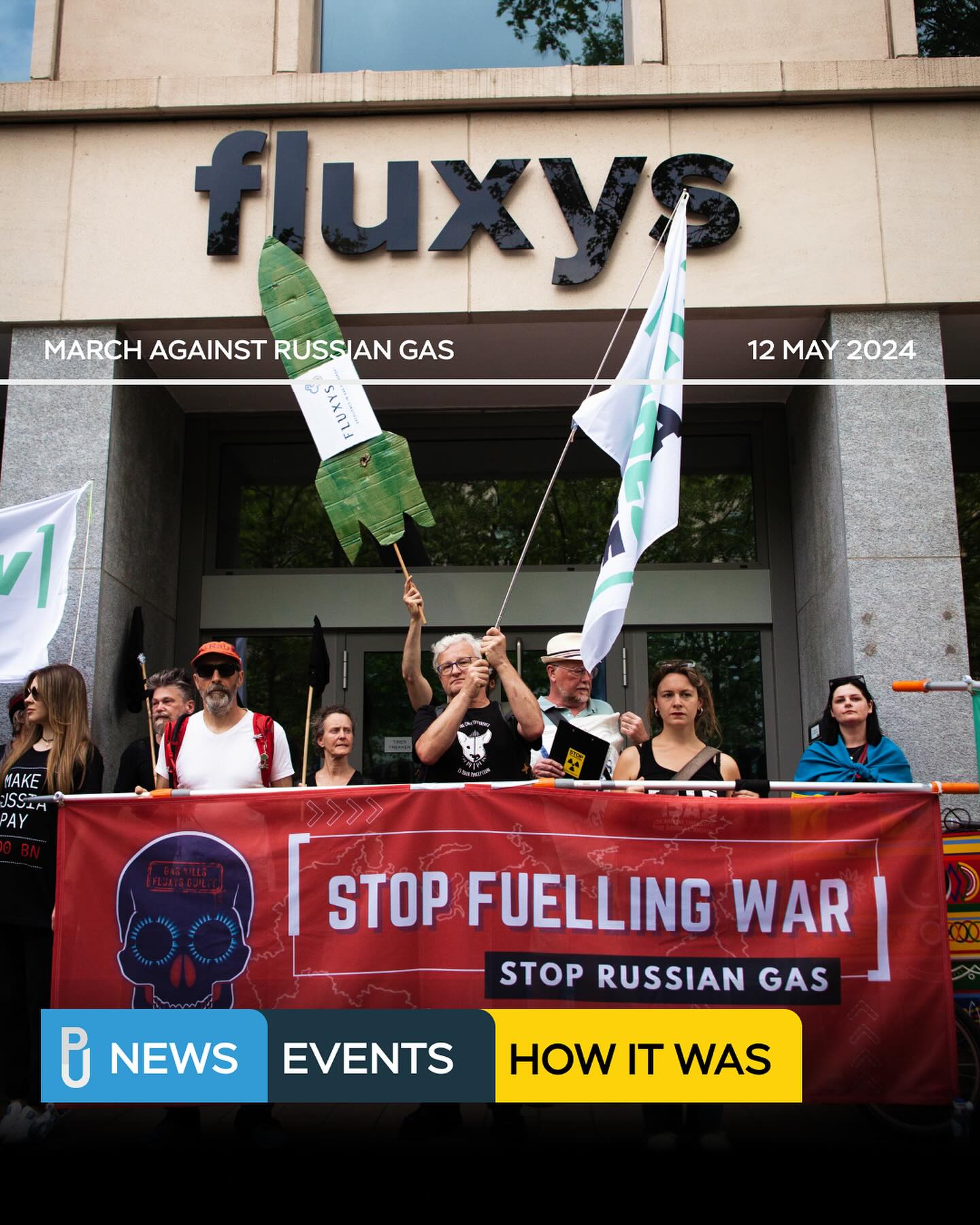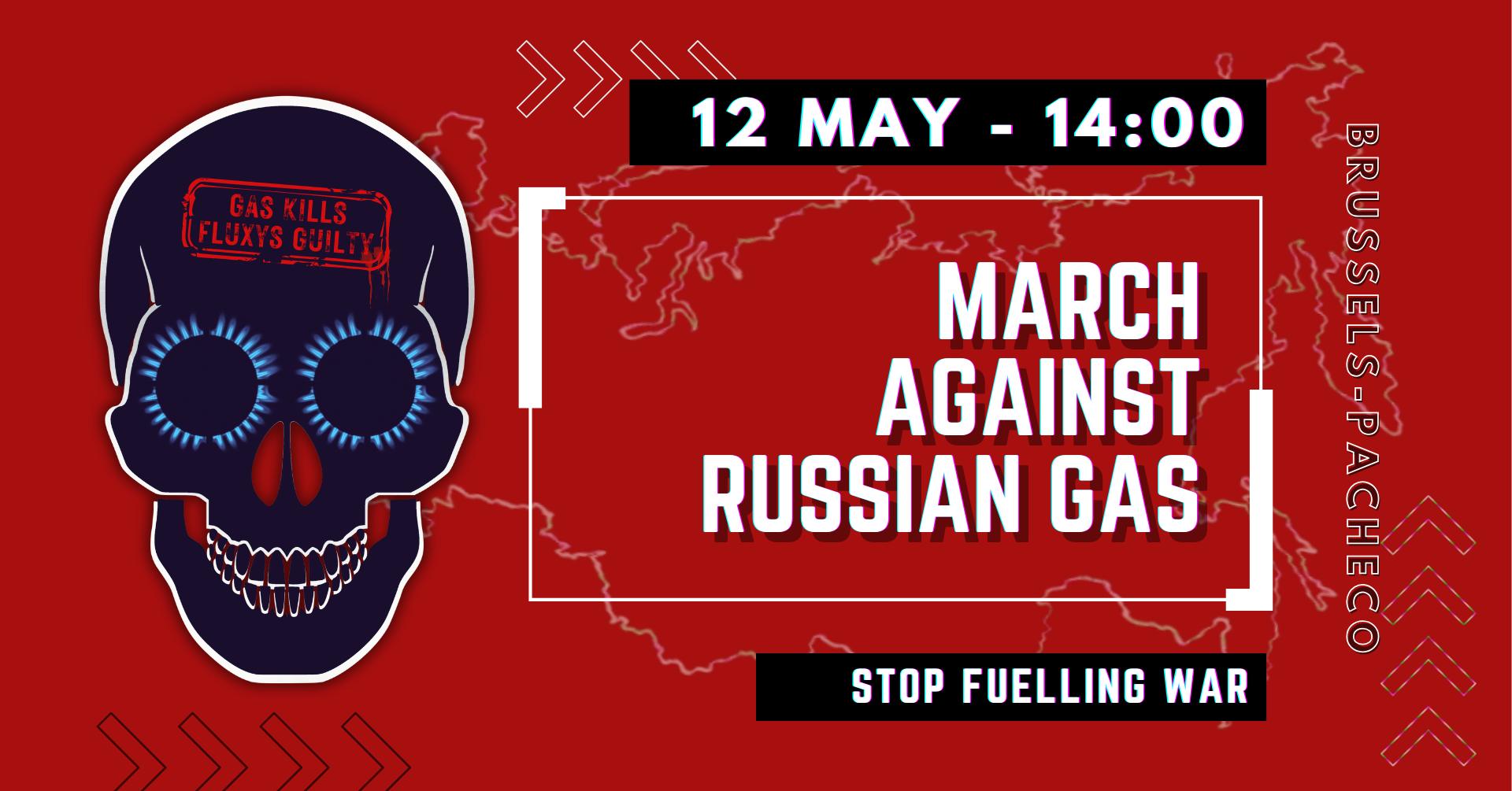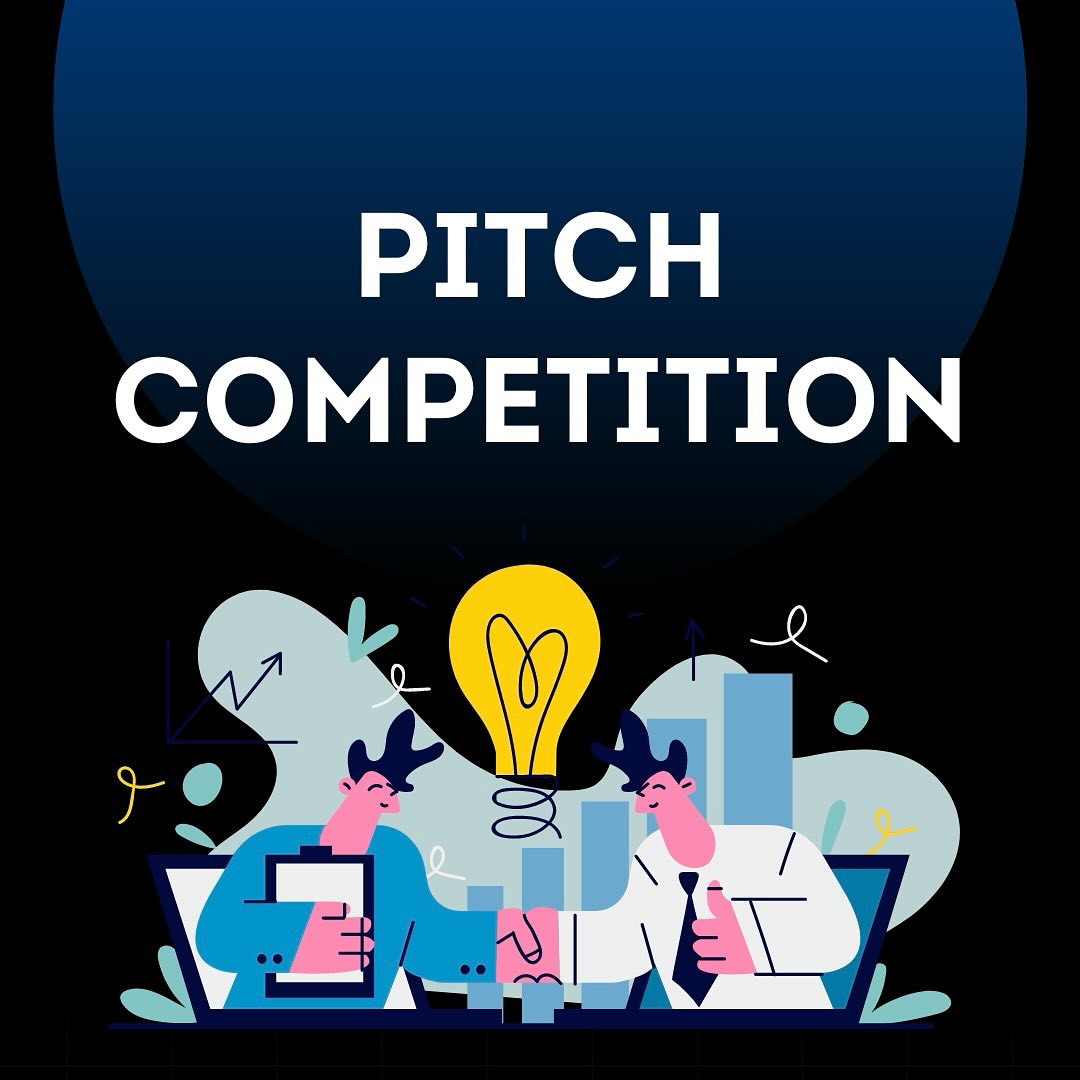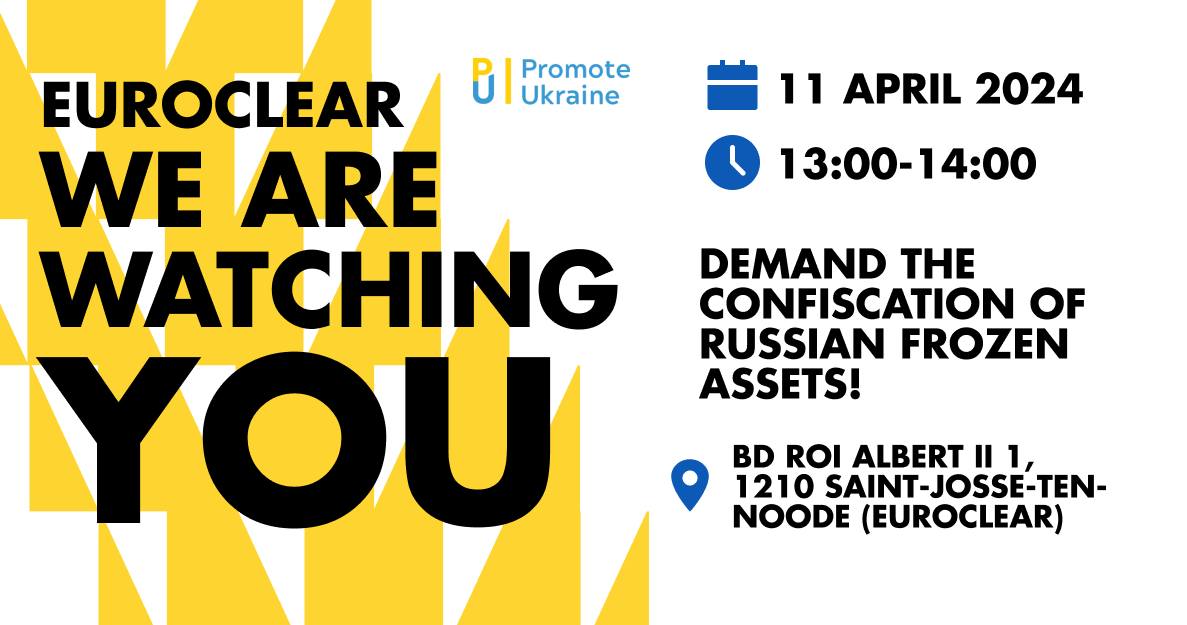“Two tobacco titans have responded to accusations that they are using the COVID-19 crisis to improve their image and gain access to politicians in Greece, Romania, and Ukraine,” Euronews reported.
The subsidiary of Philip Morris International, Papastratos, donated 50 respirators to Greek hospitals, the Romanian Red Cross received a financial donation from Philip Morris International (reportedly $ 1 million), and Philip Morris International and Imperial Tobacco donated money to Ukraine.
The regional authorities have asked Imperial Tobacco Ukraine, as one of the prominent local employers, to donate one ventilator. The company gladly did it and did not seek the publicity, – the company’s representative Natalia Bondarenko stated that no rules had been violated.
“Cash flow dam” is the title of an article in the Sueddeutsche Zeitung, which states that the International Monetary Fund has approved loans to Ukraine, but further contributions will be received only if corruption is overcome. The IMF program, which is scheduled to run for 18 months, provides loans totaling $ 5 billion; at least another $ 2 billion will come from the EU and the World Bank. But the IMF – and with it, the EU and the World Bank – are “making” billions dependent on rapid, concrete reforms in business, justice, and politics.
Swiss “Blick” also wrote about this: “President of Ukraine Volodymyr Zelensky wrote on his official Twitter account that the IMF turned out to be a reliable “friend in need”. “As one of the poorest countries in Europe, Ukraine does not have the financial resources to implement major economic measures to keep its economy afloat after government restrictions on business have been adopted to contain the coronavirus outbreak. Analysts predict that the Ukrainian economy will collapse by about 5 percent this year, and is expected to decline by 12 percent in the second quarter,” the article reads.
Although borders within the EU are opening soon, for third countries, even those with which the EU has a visa-free regime, things do not look so clear. Eurobserver writes that if Covid-19 passports are introduced for countries from the Eastern Partnership countries, the conditions must be very clear to avoid any discrimination. The prospect of Eastern Europeans visiting the EU has no timelines or epidemiological rules. The problem is that the Schengen area is “fragmented” and cannot achieve the necessary unanimity because national governments do not coordinate their steps when they open the EU’s internal borders. The measures taken do not correspond to the general logic. Ways to combat the virus are opposed from the beginning, and this slows down the possibility of a uniform restoration of freedom of movement within the EU. Another reason for the difficulties is that the EU’s eastern neighbors also differ in their ability to adequately manage the health crisis.
The Dutch NOS announced the start of the next hearing in the MH17 case: the advocates complained about the lack of time, as “the dossier consists of 40,000 pages, and sometimes it is necessary to understand technical details, such as what ammunition particles can come from which weapons, how radar systems work or what type of rocket causes smoke. Lawyers explained that the coronavirus outbreak also became an obstacle to the case. For example, they could not go to Russia to discuss the file with their client, Russian Oleg Pulatov. According to the defense, it is impossible to communicate remotely. An interpreter has to translate everything, and it would be dangerous to discuss confidential information over the phone. They had only sporadic contact with Pulatov, who was then deputy intelligence chief of the Donetsk “rebel republic.” Usually, a criminal case is only briefly discussed if there are no suspects, as in this case. However, the court considers that the file should now be discussed in detail due to the great interest in the MH17 process.
The NOS also noted that the Joint Investigation Team (JIT), an international police and justice team investigating the downing of the MH17, had ordered a missile test: In the fall of 2016, two Buk missiles were detonated on a grassy plain in Ukraine. The speed cameras recorded how the metal particles fell into the aluminum plates located next to the rocket.
The Russian FSB said it had prevented a terrorist attack in Crimea. Five suspects were arrested. During the search, resources for explosives, weapons, and ammunition were found. This was reported by the Belgian Nieuwsblad. The author of the article explains “The security situation in Crimea is tense after Russia annexed the peninsula in 2014 despite international protest. Ukraine demands the return of Crimea. The Russian army has significantly expanded its presence in Crimea in recent years. According to the FSB, the suspects had contacts with paramilitary nationalist groups in Ukraine,” the article reads.
French Le Figaro published an interview with Sebastien Hubert, an independent journalist based in Kyiv, about “Lenins’ fall” in Ukraine and the attitude of Ukrainians to their history: “In 1991, there were about 5,500 statues of Lenin in Ukraine. In 2020, there is only one – in Chornobyl”.
He and the Swiss photojournalist Nils Ackermann searched for “fallen monuments of Lenin” after Euromaidan, and in 2017 they published a book, “In Search of Lenin”, which explores the causes of this unprecedented movement and explores the “emptiness” left by the fall of these monuments. “In general, Leninopad is part of the process of rethinking the concept that Ukrainians have about themselves and their place in history. This is the fruit of a gradual liberation from Soviet and Russian historiography. Ukrainians talk about the “colonization” of Ukraine by Russia, several historians have studied the internalization by Ukrainians of how Russians view them. The goal is to put Ukraine at the center of its own history. The Russian Civil War (1917-1921) was renamed the “War of Independence of Ukraine”. The hundredth anniversary of the October Revolution of 1917 was not celebrated as the arrival of Bolshevism, but as a century of struggle for Ukraine’s independence. Finally, answering questions about the feelings about the fall of monuments in the United States and Europe today, the journalist made an interesting observation:
“Personalities and contexts cannot be compared: it is impossible to put Lenin, Churchill, and Leopold II on the same level. However, there are similarities, starting with the aesthetics of the fall itself. All these scenes are similar, the expressed rage is the same. How do we explain that we spend so much energy and testosterone on inanimate monuments that represent people who died 200 years ago? These moments of rage say a lot about the importance of iconography for political communities. ”
At last, in a love story between 45-year-old Ukrainian Dmytro (name changed) and 50-year-old Belgian Virginie, RTL decided to show how long-term quarantine affects relationships between people who live thousands of miles apart: “Sometimes we don’t communicate for a few days because he doesn’t have internet… Not the most pleasant situation in life. I have problems with relationships at a distance,” says Virginie.






 UA
UA FR
FR DE
DE